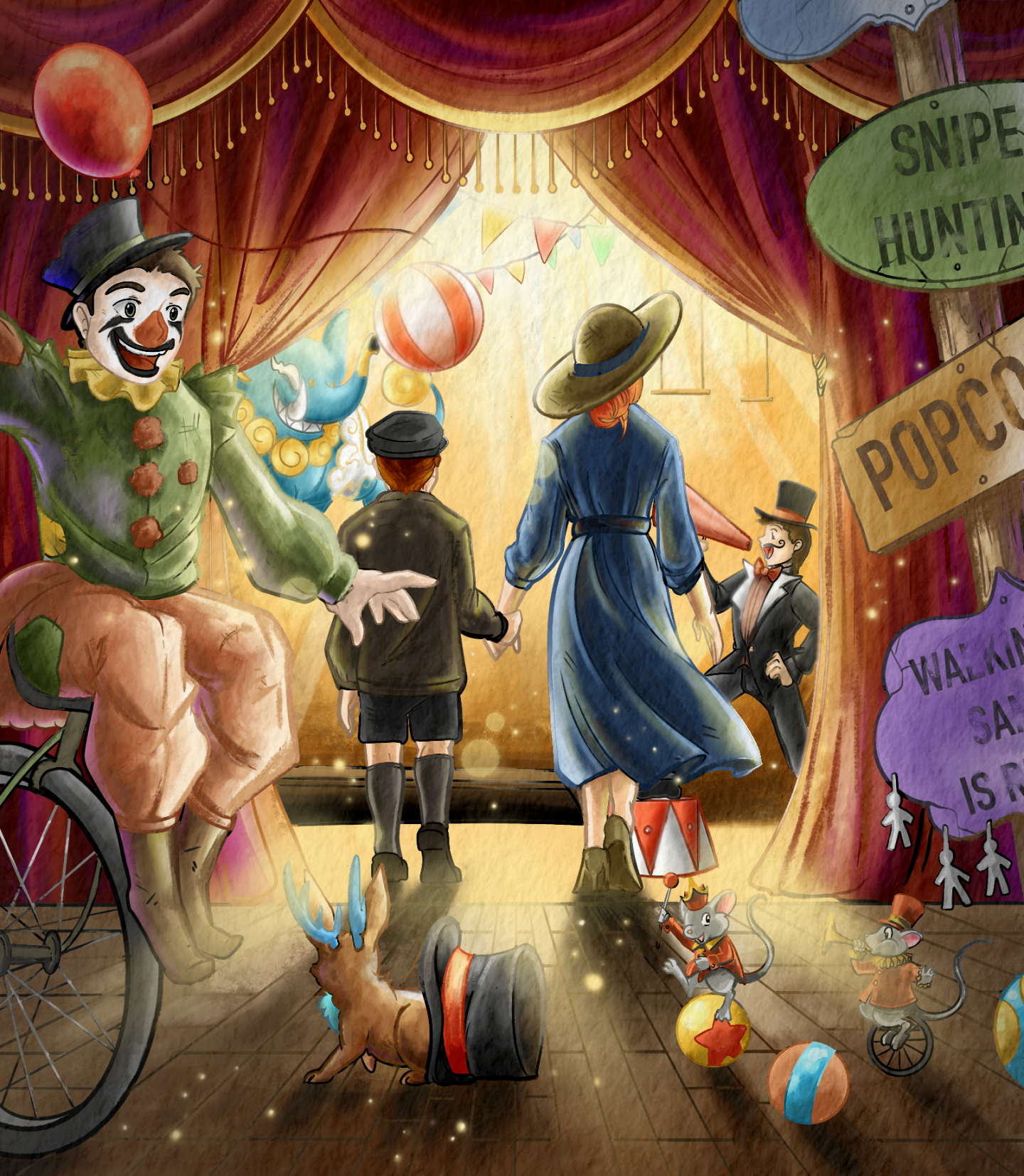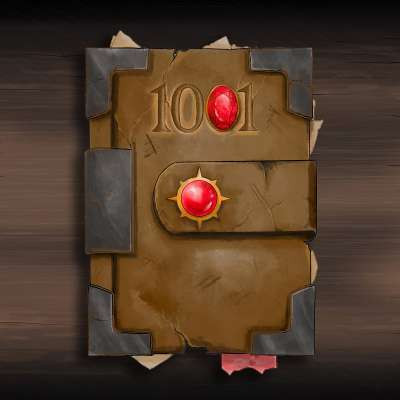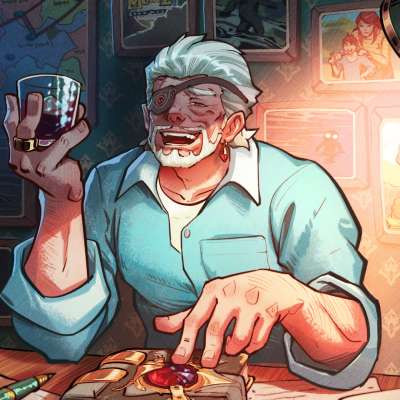My mother was only mildly surprised that my card had shattered.
“I thought you were ready,” she said the next morning, considering the pieces I had returned to her. We were in the barn together under a single lantern, and my da’ was on the far side of the house, cleaning the fish from Loch Ness. Dawn was close. “This is something I need to think on.”
She patted my hand. “Don’t let it be on your head. Failing still means playing. I’ll sort it out.”
I had not told her about the German caster I’d encountered, though I thought she was right: My failure with the monster wasn’t due to lack of readiness. It was interference. Just the same, it sounded like an excuse to me, and I was not a young man to offer excuses for anything.
“What does Da’—” I started to ask, but she waved one finger at me.
“Your da’ knows about casters, and he knows about me.” She had the greenest eyes you’ve ever seen, and they flashed a warning at me. “But he don’t know about you yet. Agnes and the boys, they never showed a shine for this. Your sister had an imaginary friend when she was a lass, but that’s all it was, imaginary. And your da’ was always grateful for that, I think.”
I was accustomed to being the youngest, but I bristled at it often just the same, and I did now. “Why? Is being a caster such a bad thing? It seems a gift to me.”
“No, not like that. He just doesn’t understand it.” She faked a smile. “He sees farmers in his kin, not casters.”
I had questions, many of them, but Mam said not now, there would be time again, so I let it be. But beginning that very morning, I found it harder and harder to be around my da’, the way any secret about to burst from you makes you avoid eye contact and makes you speak in single syllables. We squeezed past each other in the kitchen, back to back, without more than a grunt of acknowledgement. When he would read the paper in the evening, I would find myself in the loft, watching out the window while the little duck-like snipes chased each other across the fields, tripping in holes and throwing dirt clods at each other.
I felt more alone than I thought you could be.
On a Sunday not long after the Loch Ness Mess, as I started thinking of it, my brothers came to dinner, and there was laughter in the house for the first time in weeks. Isaac, the oldest brother in our MacCamran clan, brought his wife, and everyone bothered our middle brother, Elijah, for not having a bride yet. I said very little while we ate. My mother touched my arm to encourage me, so I started to listen for an opportunity.
“Say, Da’,” Elijah said during pudding, “I keep meaning to ask you. Do you know why pipers walk while they play?”
My da’ had played a mean bagpipes in his youth, I’d been told, so when he shook his head, and Elijah answered, “To get away from the noise,” everyone let loose in amusement.
I saw a moment.
“You know,” I said suddenly, and all eyes were upon me—I’d said so little that I imagined they’d all forgotten I was there, “while we were up at Loch Ness, I saw this disbeliever out in a little rowboat suddenly get attacked from under the water. His boat flew up in the air, and there was the monster, coming down on him. This atheist shouted out, ‘Oh, dear heavens, save me from this beast!’ Everything froze then, and the heavens opened up, and a great voice spoke. The voice said, ‘My son, I thought you never believed in me.’ And the disbeliever said, ‘Ah, give me a break here. Up until two minutes ago, I didn’t believe in the Loch Ness monster either.’”
Both of my brothers and Isaac’s wife Beatrice all laughed, but Mam grimaced, and Da’s face fell. I looked at my mother, and her expression told me everything: Now he knows.
I slunk off to bed before the laughter stopped.



